Estimated reading time: 18 minutes
Disclaimer: I am not a medical doctor and nothing in this article should be taken as medical advice. Please talk to your doctor before using any of the herbs and remedies mentioned in this article.
Long before the constant buzz of smartphones and the neon glow of pharmacy signs, our ancestors relied on the wisdom of nature to treat their ailments. This wisdom was passed down through the generations, offering remedies that rival or even surpass many of today's over-the-counter medications.
Early healers used the power of Earth's bounty by blending herbs and household items to create oils, salves, teas, tinctures, poultices and more. Not only do many of these remedies work better than modern OTC items, they don't come with synthetic additives or harmful side effects.
Although these remedies have been forgotten by most people, you'll find that many of the ingredients are still lurking in your kitchen or garden, just waiting to reveal their medicinal properties. In this article, we'll teach you about 100 lost remedies our ancestors uses for everything from minor burns to sleepless nights.
Want to save this post for later? Click Here to Pin It On Pinterest!
Equipment Needed
But before we get to the remedies, there are a few tools you should have on hand:
- Blender or Food Processor
- Dropper
- Fine Mesh Strainer – Used for straining tea, juice, coffee, etc.
- Funnels
- Glass Jars and Bottles
- Gloves
- Measuring Spoons and Cups
- Mortar and Pestle
- Saucepan
- Spoons or Spatulas
- Tea Infuser
Now on to the remedies! For your convenience, I divided them into 19 categories, one each for a different ailment.
Congestion
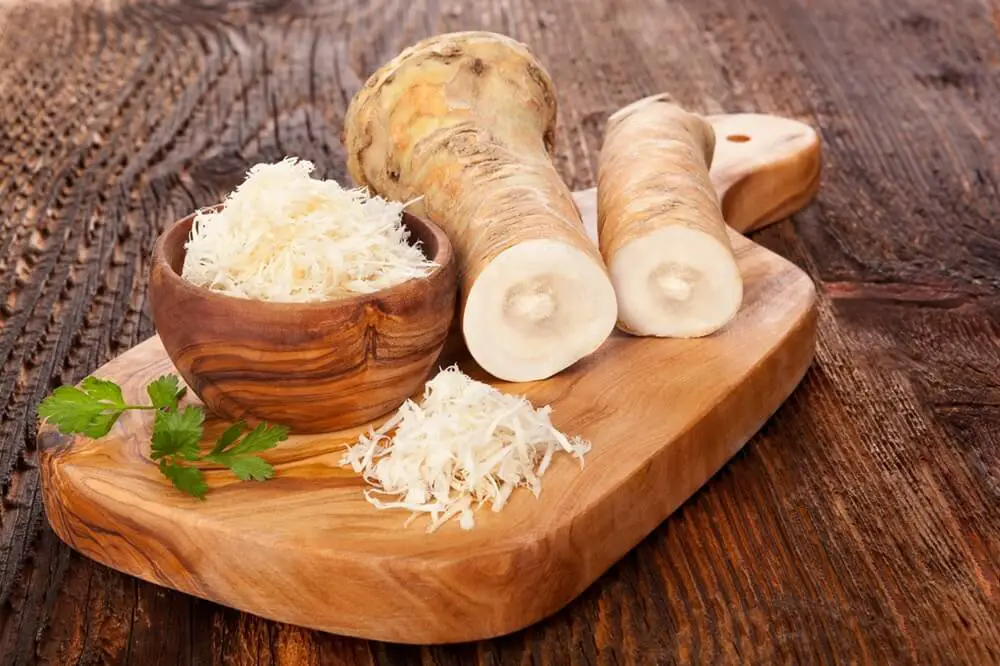
Horseradish
Horseradish Tea:
- Chop or grate a small piece of horseradish root.
- Add it to a cup of boiling water and let it steep for about 10 minutes.
- Strain and drink the tea. You can add a little honey or syrup if you like.
Horseradish Paste:
- Put horseradish root into a blender or food processor to make a fine paste.
- Mix 1 teaspoon of the paste with a bit of honey to make it more palatable.
- Consume this mixture as needed to clear up congestion.
Inhalation:
- Place grated horseradish in a bowl.
- Lean over the bowl and cover your head and the bowl with a towel to trap the vapors.
- Breathe deeply.
Warning: Try to keep your eyes closed as the vapors can irritate them.
Lemon
Lemon and Salt Water Gargle:
- Mix the juice of half a lemon with a teaspoon of salt in 1 cup of warm water.
- Gargle with this as needed. It can help clear the throat of mucus and relieve throat congestion.
Lemon and Honey Mixture:
- Mix the juice of half a lemon with a tablespoon of honey.
- Drink 1-2 tablespoons of the mixture as needed. In addition to reducing mucus buildup, this mixture can soothe a sore throat.
Inhalation:
- Add a few drops of lemon juice to a bowl of hot water.
- Lean over the bowl, cover your head and the bowl with a towel, and inhale the steam.
Cough
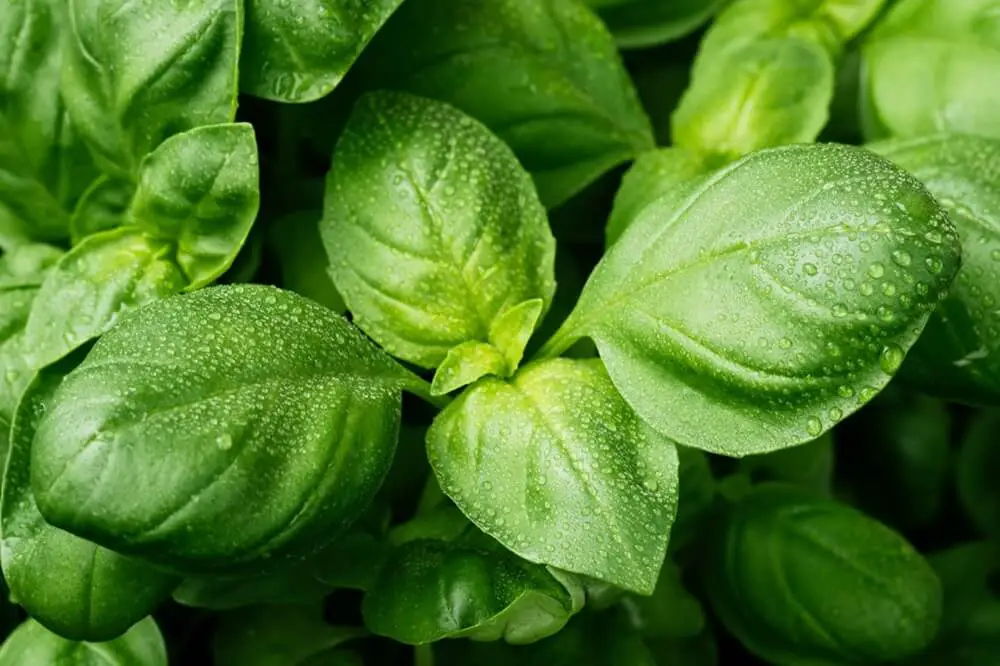
Basil
- Simply chewing some fresh basil can help treat a dry cough.
Honey
Honey and Cinnamon
- Add a pinch of cinnamon to a tablespoon of honey.
- Take several times per day and before bed.
Honey and Ginger Tea
- Grate a small piece of ginger root.
- Boil in a cup of water for about 10 minutes.
- Strain out the ginger and mix 2 tablespoons of honey into the tea.
- Drink 2-3 times per day.
Lemon
- Heat a cup of water until it's warm.
- Add 2 tablespoons of lemon juice and 1/2 a teaspoon of salt. Stir.
- Gargle a mouthful at a time until it's all gone.
Pine
Pine Needle Tea:
- Get a handful of pine needles (make sure it's not a poisonous species).
- Rinse and chop them up.
- Add them to a cup of boiling water.
- Reduce heat and simmer for 10-15 minutes.
- Strain and drink while the tea is still warm.
Pine Syrup:
- Rinse and chop a cup of fresh pine needles (again, make sure they aren't poisonous).
- Briefly boil in 2 cups of water, then reduce heat and simmer for 20-30 minutes.
- Remove from heat strain the liquid through fine mesh sieve or cheesecloth.
- Add 1 cup of sugar to the liquid. Stir.
- Simmer 10-20 minutes while stirring until it thickens into a syrup.
- Cool and store in a refrigerator.
- Take 2 teaspoons as needed to ease your cough.
Cuts and Scrapes
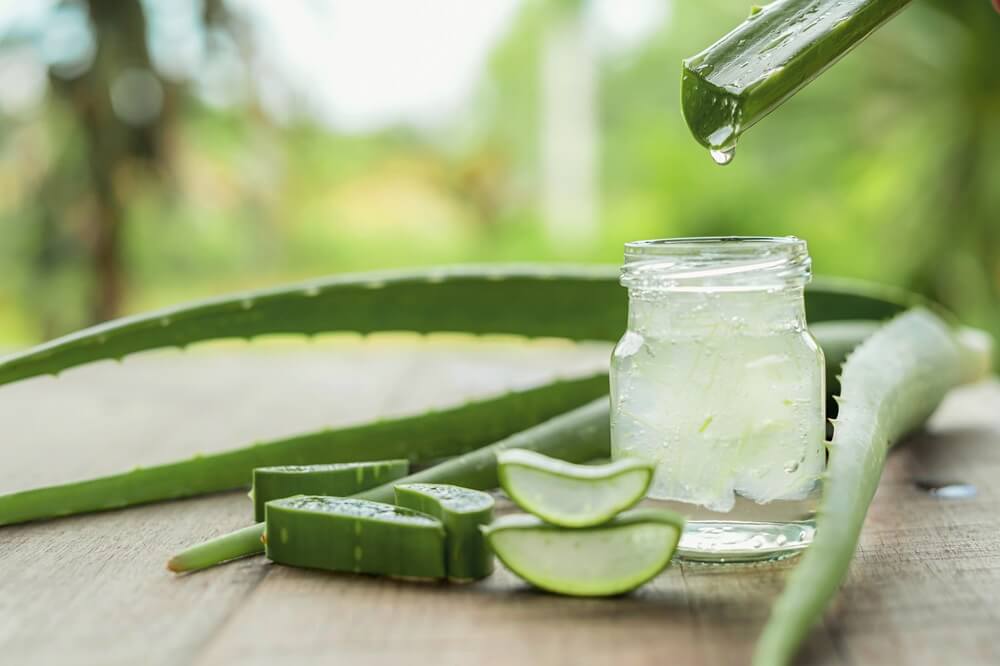
Aloe Vera
- Cut a lower leaf from an aloe vera plant.
- Use a spoon to scoop out the gel.
- Apply directly to minor cuts (be sure to clean the cut first).
- Cover with a bandage.
Banana Peels
- Wash the minor cut or scrape.
- Gently rub it with the inside of a banana peel.
Honey
- Apply a thin layer of raw, unpasteurized honey directly to the cut or scrape.
- Cover with a clean bandage.
Lavender Essential Oil
- Dilute a few drops of lavender essential oil in a carrier oil (like coconut or almond oil). To do this, add no more than 2 drops of essential oil per teaspoon of carrier oil.
- Apply the mixture to the cut or scrape. Avoid using essential oils directly on the skin without diluting them first.
Bruises

Apple Cider Vinegar
- Soak a piece of bread in apple cider vinegar.
- Apply direct to your bruise help it heal faster.
- Use a bandage to hold it in place.
Parsley
- Wash a handful of fresh parsley leaves.
- Crush in a mortar and pestle.
- Cover bruised area with a layer of crushed parsley.
- Use a bandage to hold it in place.
- Allow to sit for several hours, or better yet, overnight.
Bug Bites and Stings
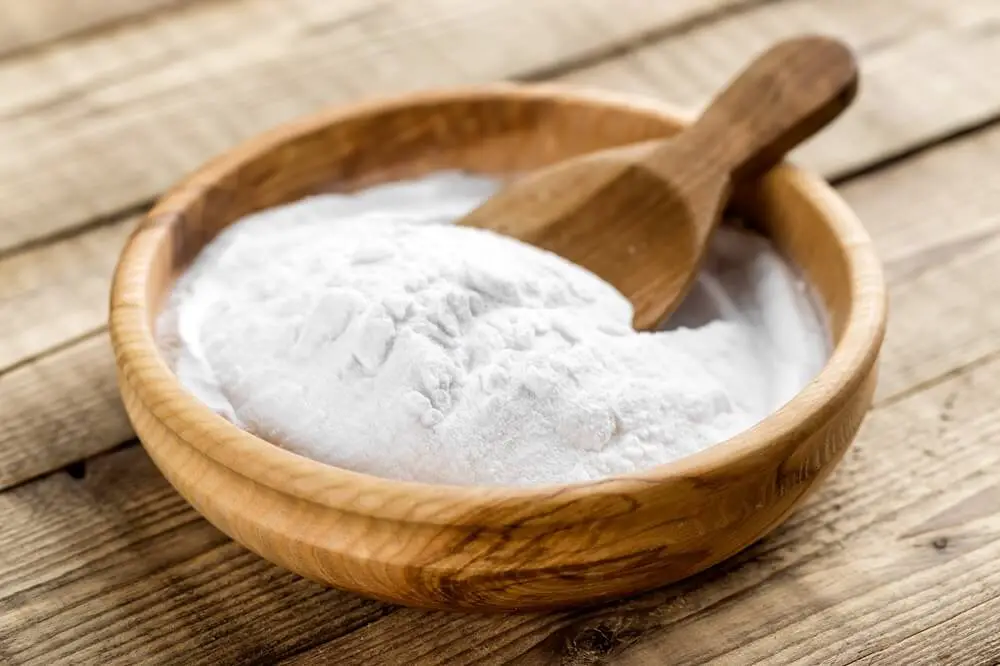
Baking Soda
- Put a tablespoon of baking soda in a small bowl.
- Add a few drops of water at a time while stirring until you form a thick paste.
- Apply direct to the bite or sting. Leave for 15 minutes.
- Rinse it off with cool water.
Onion
- Apply a freshly-cut slice of onion to the bite or sting.
- Hold in place for 15-20 minutes.
- Rinse with cool water.
Sage
- Crush fresh sage leaves in a mortar and pestle.
- Apply directly to the bite or sting.
- Hold in place for 15-20 minutes.
- If irritation persists, rinse with cool water and start over.
Tea Bags
- Press a used tea bag against the sting until the itching stops.
Dizziness
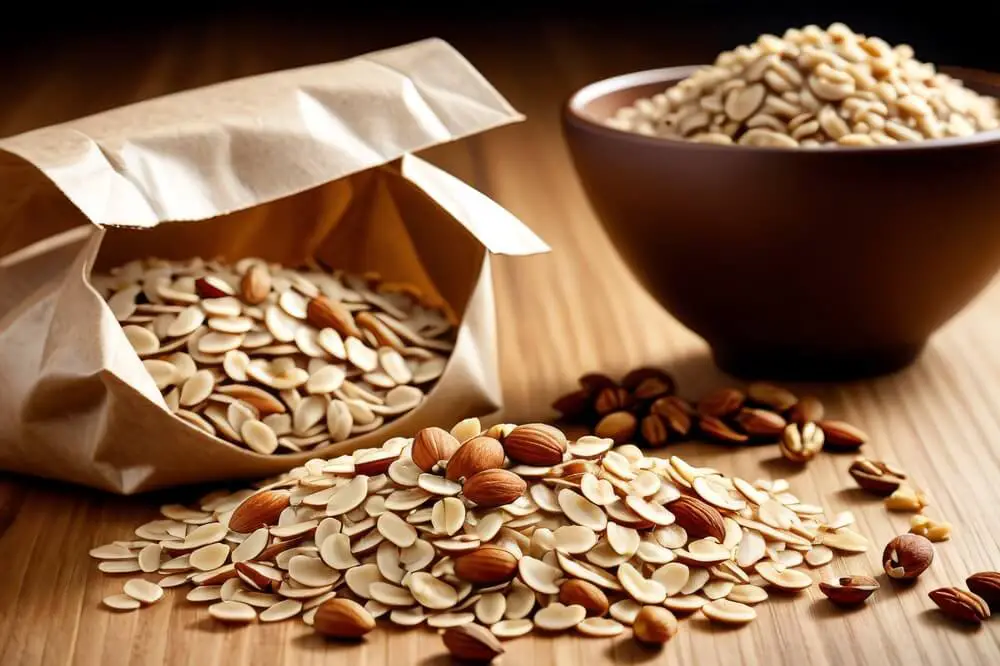
For this one, it really depends on what's causing the dizziness. Sometimes you might simply be anxious, dehydrated, or lacking in iron (in which case, iron-rich foods like spinach could help). The following remedies could help with dizziness, depending on what the cause is.
Almonds and Pumpkin Seeds
- Soak a handful of almonds and pumpkin seeds overnight.
- Grind into a paste and mix with a glass of warm milk.
- Drink daily to treat chronic dizziness.
Lemon
- Mix the juice from half a lemon with a cup of water.
- Add a pinch of salt and stir.
- Drink as needed.
Earaches
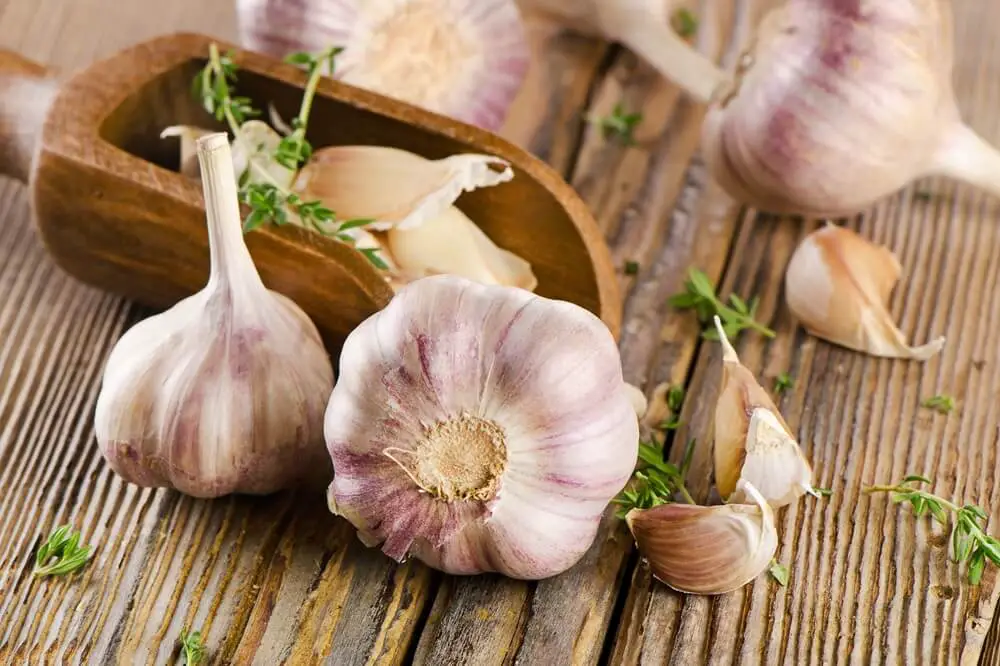
Garlic Oil
- Crush a 2-3 cloves of garlic.
- Add to 2-3 tablespoons of olive oil.
- Simmer over low heat for 10-15 minutes.
- Allow to cool.
- Strain through a fine mesh sieve or cheesecloth.
- Use a dropper to put a few drops in the affected ear.
- Lie on your side with the affected ear facing up for several minutes.
Tea Tree Oil
- Dilute tea tree oil in a carrier oil such as coconut oil (about 3-5 drops per ounce of carrier oil).
- Put a few drops of the mixture into the affected ear.
- Lie on your side with the affected ear facing up for several minutes.
Eye Irritation
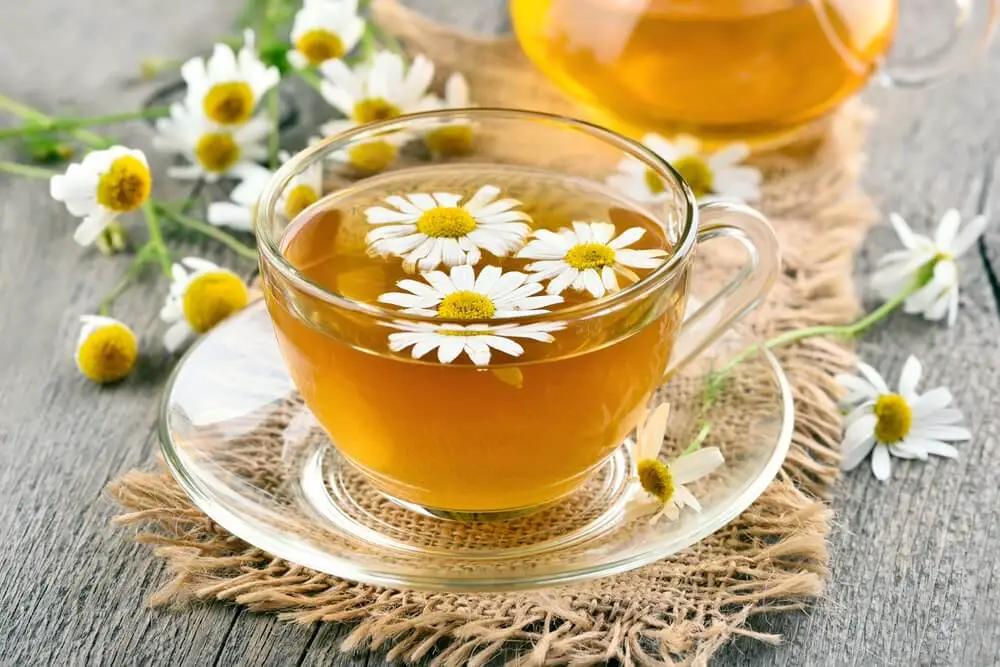
Chamomile Tea Bags
- Place a used chamomile tea bag in the refrigerator.
- Once it's cold, place it on your closed eye for 10-15 minutes.
Cucumber Slices
- Slice a fresh cucumber into thin slices and place them in the refrigerator.
- Place the chilled slices on your closed eyes for 10-15 minutes.
Saline solution
Saline solution can help wash away allergens and irritants from the eyes. You can get store-bought saline solution, or you can make your own:
- Dissolve 1 teaspoon of salt in a cup of boiling water.
- Let it cool completely before using.
Fever
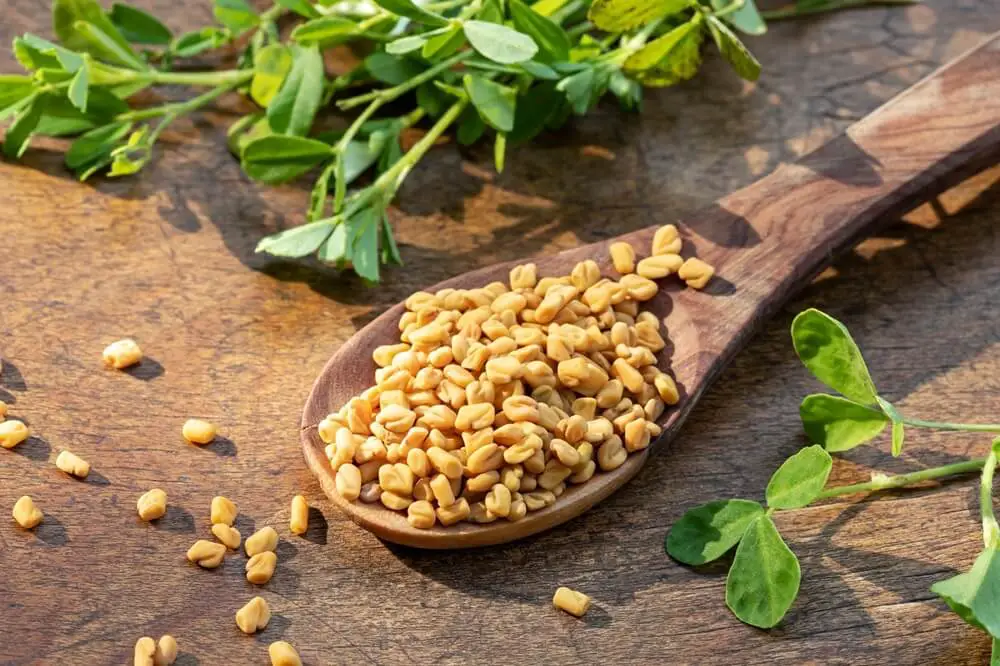
Apple Cider Vinegar
This is an “old wives' tale.” It sounds crazy, but may people swear by it.
- Mix half a cup of water with half a cup of apple cider vinegar.
- Soak a pair of cotton socks in the mixture until they're saturated.
- Wring out the socks and put them on.
- Leave them on for 30-60 minutes.
Fenugreek Water
- Soak a teaspoon of fenugreek seeds in a cup of water overnight.
- Strain and sip the water throughout the day.
Peppermint Tea
- Sip a cup of peppermint tea as needed. The menthol can help soothe and cool your body.
Headache
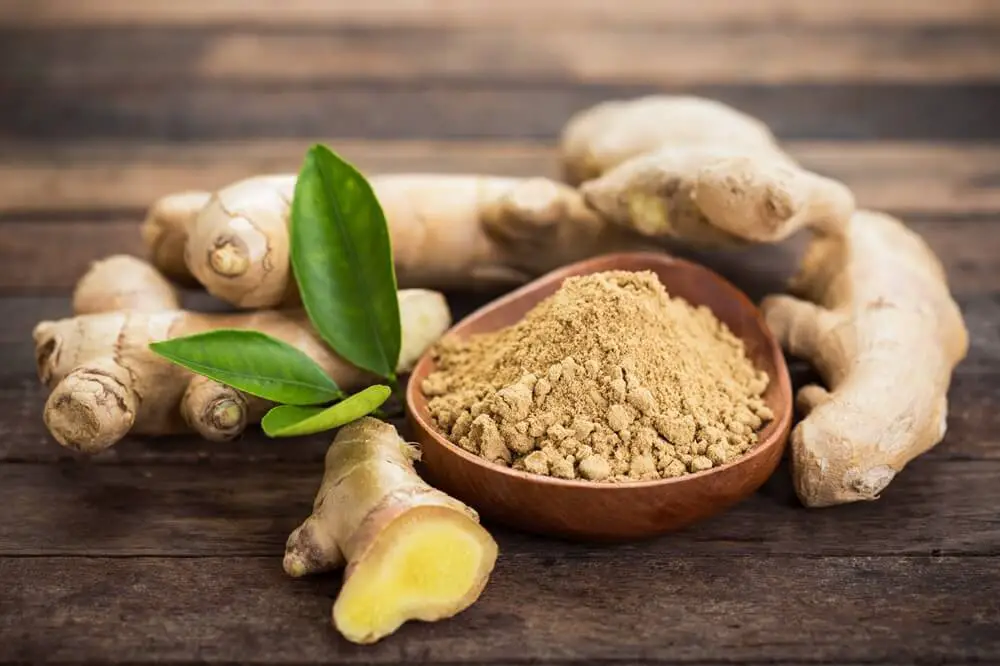
Ginger Powder
- Place a tablespoon of ginger powder in a small bowl.
- Add a few drops of water at a time while stirring until you form a thick paste.
- Apply the paste to your forehead and temples and gently massage it into your skin.
Peppermint Oil
- Mix 2-3 drops of peppermint essential oil with a teaspoon of a carrier oil such as olive oil.
- Use a cotton pad to apply the oil directly to the affected areas.
- Massage affected areas gently with your fingertips.
Potato Slices
- Slice a potato into thin slices and place 2 or 3 of them to your forehead.
- Hold in place with a scarf or bandana.
Indigestion
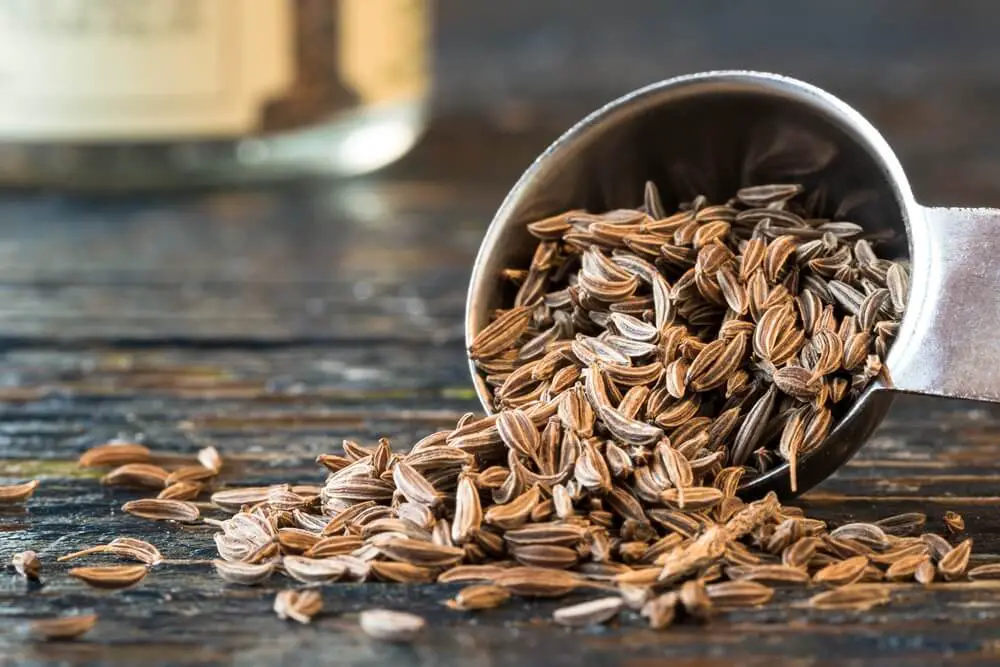
Apple Cider Vinegar
- Add one tablespoon of apple cider vinegar to 8 ounces of warm water.
- Add 1 teaspoon of honey and stir.
- Drink 20-30 minutes before meals.
Caraway
There are a couple ways to use caraway seeds for indigestion:
- Chew a pinch of caraway seeds after meals to treat gas and bloating.
Caraway Tea:
- Lightly crush 1-2 teaspoons of caraway seeds with a mortar and pestle the back of a spoon.
- Add crushed caraway seeds to 1 cup of boiling water with a tea infuser.
- Cover the cup with a lid or small plate and let it steep for 10-15 minutes.
- Remove the tea infuser and sip the tea while it's still warm.
Fennel
Like caraway seeds, fennel seeds can be chewed or made into a tea to treat indigestion. See the instructions above.
Peppermint Tea
- Steep 1 tablespoon of dried peppermint leaves in 1 cup of boiling water.
- Strain out the leaves or remove the tea infuser.
- Drink a cup 2-3 times a day, and especially after meals.
Insomnia

Chamomile Tea
Chamomile contains apigenin, an antioxidant that binds to receptors in the brain that can promote sleepiness. Simply drink a cup of chamomile tea before you go to bed.
Cherries
Tart cherries, especially Montmorency cherries, are a great source of melatonin and tryptophan, both of which help the body sleep. Simply eat some cherries or drink tart cherry juice before bedtime.
Lavender
Lavender is known for its calming properties and ability to reduce anxiety, which often causes insomnia. There are two ways to use it:
- Apply lavender essential oil directly to your temples and the back of your neck.
- Put lavender essential oil in a diffuser in your bedroom and turn it on before bedtime.
Valerian Root
This is my personal go-to remedy for insomnia. As with lavender, there are two main ways to use it:
- Take valerian root capsules before bedtime.
- Steep 1 teaspoon of dried valerian root in hot water for 10 minutes. Drink 30-60 minutes before bedtime.
Minor Burns
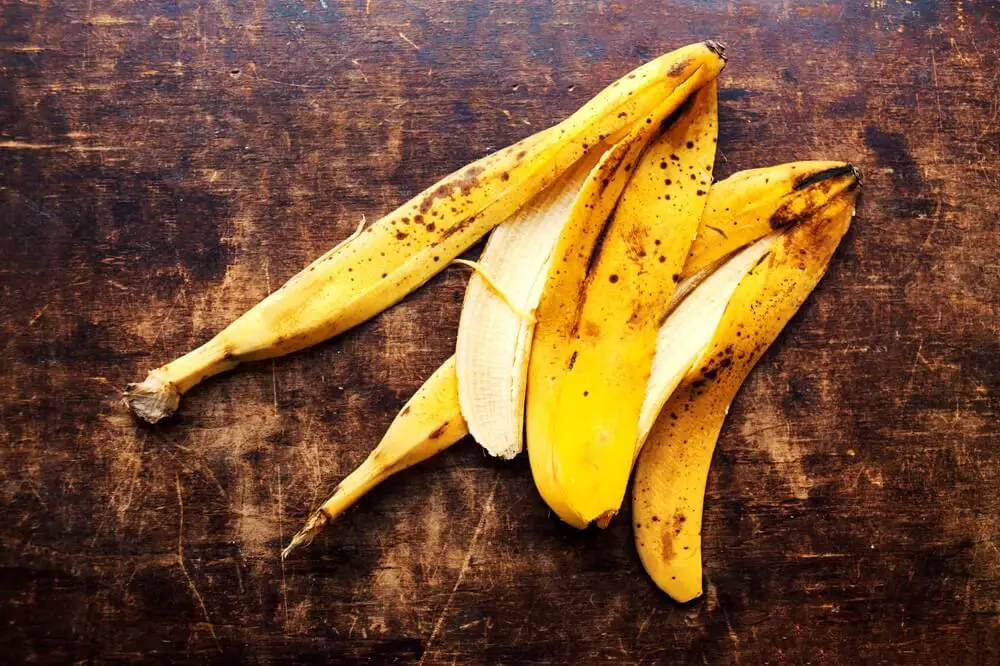
Note: Before using these remedies, wash the burn with water and mild soap, then pat the area dry with a clean towel.
Aloe Vera
- Cut open an aloe vera leaf.
- Scoop out the gel with a spoon.
- Gently apply to a minor burn or sunburn.
You can also use aloe vera gel.
Banana Peel
- Place the inside of a banana peel against the burn.
- Hold in place with a scarf or bandana.
Olive Oil
- Gently apply a small amount of olive oil to the area.
- Repeat 2-3 times per day to keep the area moisturized and promote healing.
Muscle Aches
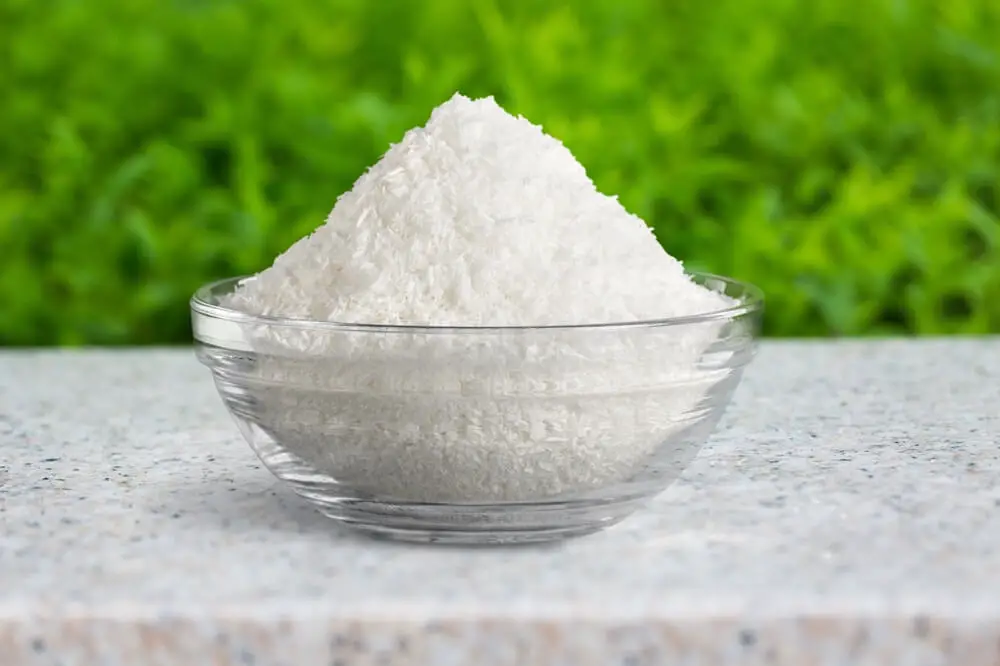
Apple Cider Vinegar
There are 2 ways to use apple cider vinegar for muscle aches and pains:
Compress:
- Combine equal parts apple cider vinegar and warm water in a bowl.
- Soak a wash cloth or small towel in the mixture.
- Wring out the cloth and place on the affected area.
- Leave it on for 15-20 minutes.
Drink:
- Mix 1-2 tablespoons of apple cider vinegar with a glass of water and drink it.
Epsom Salt
- Add 1-2 cups of Epsom salt to a hot bath.
- Stir until the salt is fully dissolved.
- Soak in the bath for at least 15 minutes.
Turmeric
- Put 2 tablespoons of turmeric powder in a bowl.
- Add a few drops of water at a time while stirring until you form a paste.
- Apply to affected area and leave for at least 30 minutes before washing it off.
Nausea
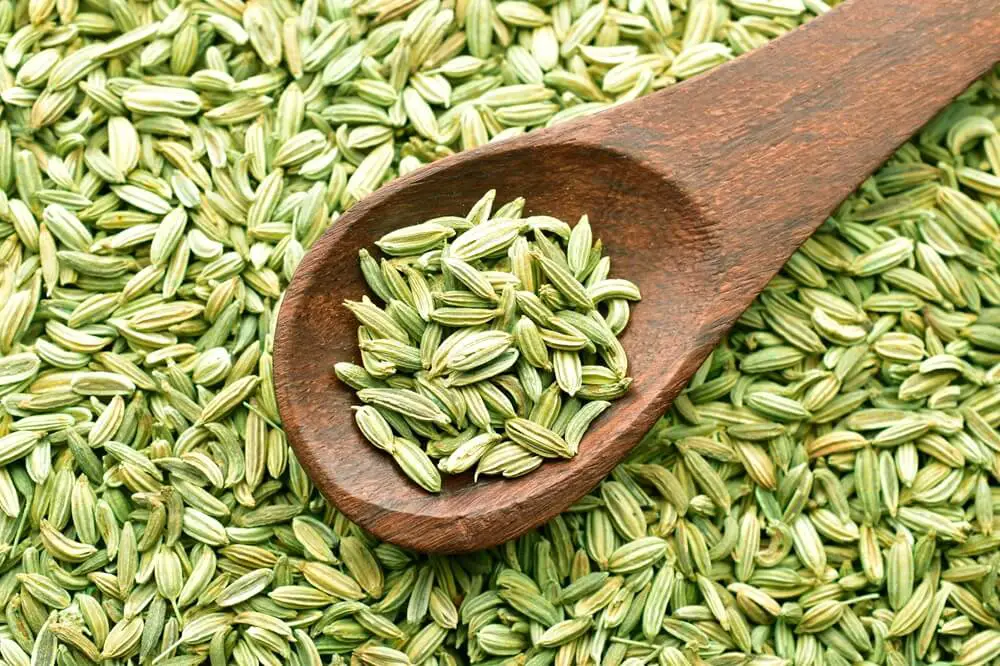
Chamomile
- Steep dried chamomile flowers in boiling water for 10 minutes.
- Strain out the tea leaves and sip the resulting tea slowly.
Fennel
Chew on a pinch of fennel seeds after a meal or whenever you're feeling nauseous.
Ginger
Ginger Tea:
- Peel and grate one inch of fresh ginger root.
- Add to 1 cup of boiling water.
- Cover with a lid or plate and let it steep for 10 minutes.
- Strain out the ginger and add a little honey if you like.
- Sip the tea as needed.
Raw Ginger:
- Simply chew on a piece of raw ginger. It can be a pretty strong flavor, so it helps to sprinkle a little bit of salt on it.
Peppermint
- Steep dried peppermint leaves in hot water for 10 minutes.
- Strain out the leaves and sip the tea as needed.
Rashes and Sunburns
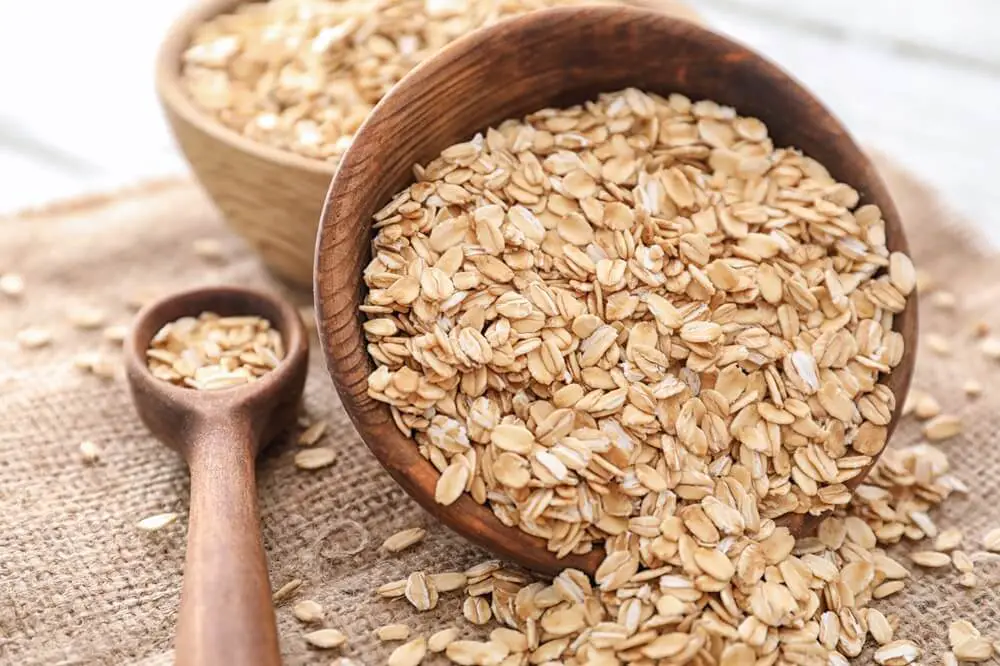
Chamomile
- Step 2-3 chamomile tea bags in 1 cup of boiling water for 10 minutes.
- Remove tea bags and cool the tea in the refrigerator until it's cold.
- Soak a clean cloth in the cooled tea.
- Apply to the rash and leave it on for 10-15 minutes.
Oatmeal
Oatmeal Bath:
You'll need finely-ground oatmeal for this. You can buy some, or you can make your own by grinding plain, unflavored oats in a food processor.
- Add 1 cup of finely-ground oatmeal to a lukewarm bath.
- Stir the water until the oatmeal is fully mixed in.
- Soak in the bath for at least 15 minutes.
- Afterward, pat your skin dry with a soft towel.
Oatmeal Paste:
- Put 2-3 tablespoons of colloidal oatmeal in a small bowl.
- Gradually add a tiny bit of water while stirring until you form a paste.
- Apply the paste directly to the rash.
- Let it sit for 15-30 minutes before washing off.
Walnut Leaves
- Chop up a handful of fresh walnut leaves.
- Place in a pot with 1 cup of water.
- Bring the mixture to a boil.
- Reduce heat and simmer for 15-20 minutes.
- Strain out the leaves and allow mixture to cool to room temperature.
- Soak and clean cloth in the liquid.
- Apply to rash for 10-20 minutes.
- Repeat several times a day.
Sore Throat
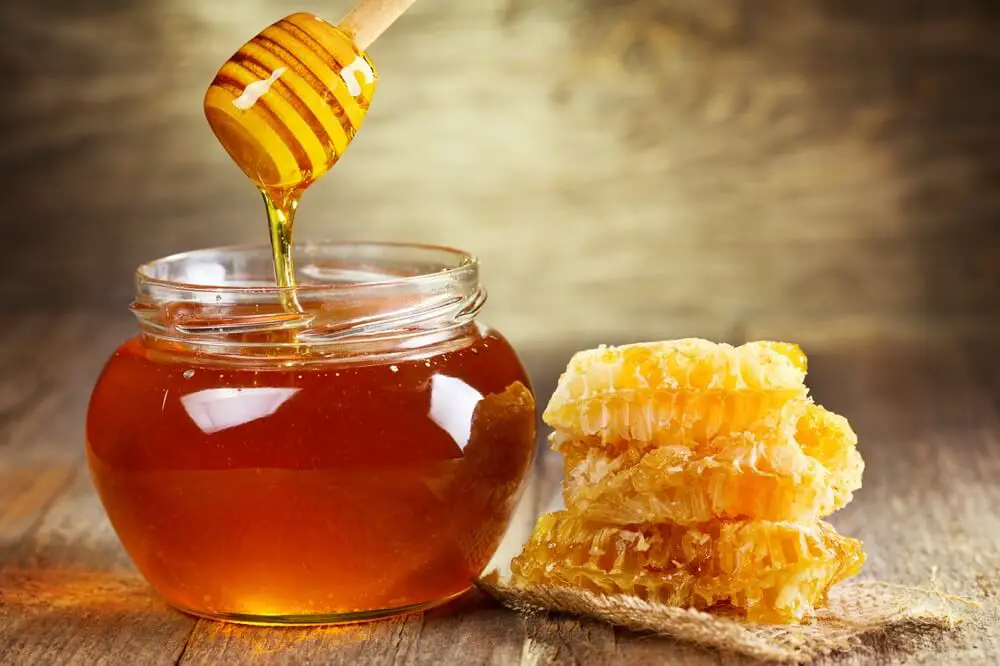
Garlic
Simply chew on a clove of raw garlic. If you can handle the taste, it can be very effective at easing a sore throat.
Ginger Tea
- Peel 1-2 inches of ginger and slice thinly.
- Add to 2 cups of boiling water.
- Reduce heat and simmer for 10-15 minutes.
- Strain the tea.
- Add 2 tablespoon of honey and stir.
- Sip while it's still warm.
Honey
Mix a tablespoon of water with warm honey or tea and drink as needed.
Salt Water
Dissolve half a teaspoon of salt in a cup of warm water. Gargle for a few seconds. Repeat as needed.
Stress
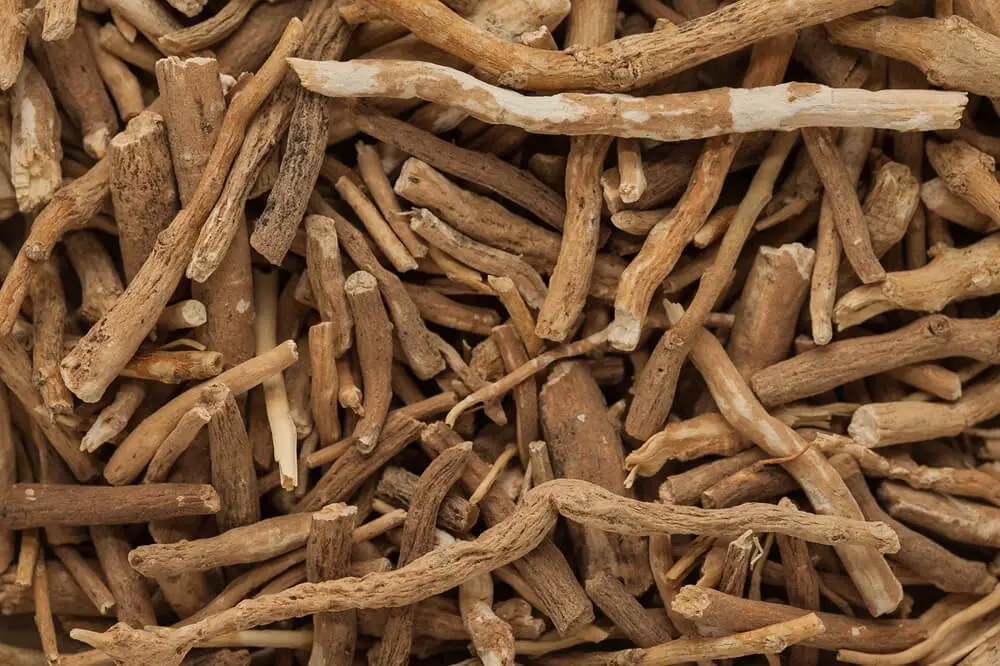
Ashwagandha
Ashwagandha has become very popular in recent years thanks to its ability to reduce anxiety and help the body resist stressors. It can be consumed in pill form or as a tea.
Chamomile
Chamomile is well-known for its ability to calm people down. Just drink some chamomile tea as needed.
Lavender
Lavender is also well-known for its calming effects. Simply add some lavender essential oil to a diffuser and enjoy the scent.
Passionflower Tea
Passionflower tea is good for generalized anxiety disorder and can also treat insomnia. Here's how to make it.
Passionflower Tea:
- Boil 1 cup of water.
- Put 1 teaspoon of dried passionflower in a tea infuser.
- Steep for 10-15 minutes.
- Remove infuser and sweeten with a little honey if you like.
Toothaches
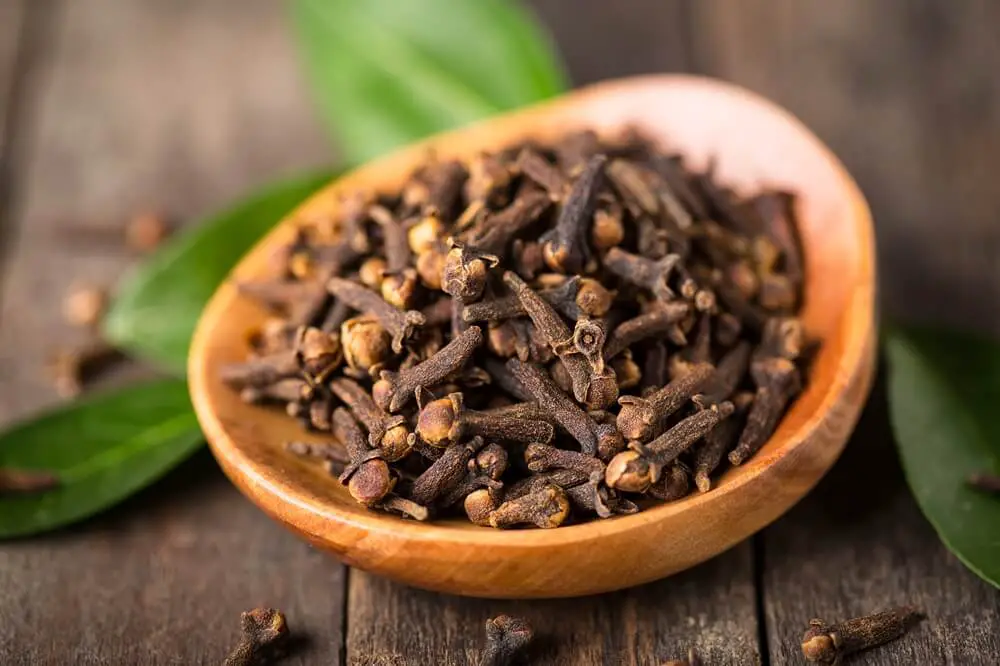
Cloves
Cloves are incredibly effective at treating tooth pain, even if you have an abscessed tooth. Ask me how I know. There are several ways to use it:
Clove Oil:
- Dip a Q-tip into some clove oil.
- Apply to the affected tooth.
Clove Powder:
- Add a few drops of olive oil to a 1/2 teaspoon of clove powder.
- Stir until it forms a paste.
- Apply directly to toothache.
Whole Cloves:
- Place a whole clove on the painful tooth or gums.
- Bite down gently but don't crush it.
- Keep in your mouth for 20-30 minutes or until pain decreases.
Garlic
- Crush a peeled clove of garlic in a garlic press or mortar and pestle.
- Apply directly to the affected tooth and/or gums and leave for 10-15 minutes.
- Afterward, rinse thoroughly with lukewarm water.
Peppermint
Peppermint Oil:
- Mix a few drops of peppermint essential oil with one teaspoon of a carrier oil such as coconut oil.
- Soak a piece of cotton in the mixture and apply directly to toothache.
Peppermint Tea:
- Boil 1 cup of water.
- Add 2 teaspoons of dried peppermint leaves to a mug (you could also use a tea infuser).
- Pour boiling water over the leaves and allow to sit for about 10 minutes.
- Remove tea infuser or strain the tea through a fine mesh strainer.
- Let the tea cool to room temperature.
- Use as a mouthwash for several minutes as needed.
Final Thoughts
We've covered a lot in this article, and yet there are still thousands more home remedies out there! The MVPs are chamomile, garlic, ginger, lavender, and peppermint, so if you at least have those on hand, you're in good shape. What other plants did I forget? Leave a comment and let me know!
Like this post? Don't Forget to Pin It On Pinterest!
The post 100+ Lost Remedies from Centuries Past appeared first on Homestead Survival Site.
from Homestead Survival Site https://ift.tt/OgPzXx2


No comments:
Post a Comment